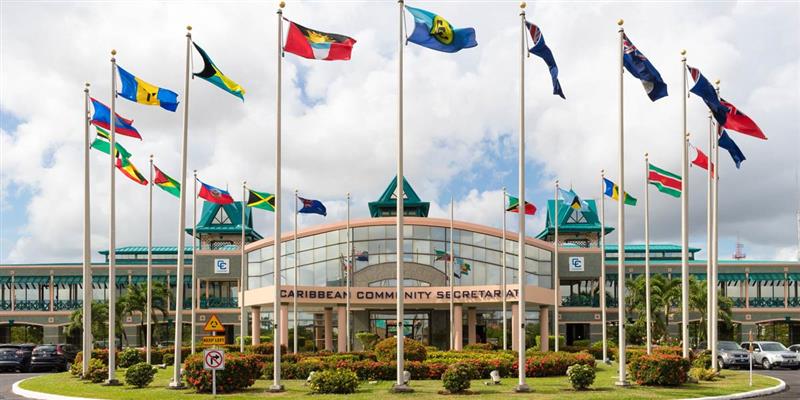On 28 July 2021 the IMF published a country focus setting out facts on the informal economy.
Activities with market value that are not formally registered
The informal economy includes various activities such as minibus drivers, market stands and street sellers. In developed countries the informal economy can include gig and construction workers, domestic workers and registered firms engaging in informal activities.
The International Labour Organization (ILO) has estimated that around 2 billion workers, more than 60% of the world’s adult labor force, operates at least part time in the informal economy. The informal economy represents 35% percent of GDP in low- and middle- income countries and around 15% of GDP in developed economies.
Measuring the informal economy
The informal sector can be measured taking a direct approach based on surveys, voluntary replies to questions and other methods to arrive at the number of informal workers and firms. More indirect methods look at certain characteristics related to informal economic activity. These can include electricity consumption, night-light satellite data and the amount of cash in circulation. These methods are employed to estimate the share of the informal economy in total output.
Impact of pandemic
The majority of informal workers are employed in contact-intensive sectors and in insecure jobs that do not provide paid leave or the possibility of working from home. Owing to the pandemic around 95 million more people, including many informal workers, are considered to have fallen into extreme poverty in 2020 compared to previous projections.
Informal economy and economic development
Although some individuals and firms operate informally through their own choice, 85% of informal workers are in uncertain employment due to the lack of opportunities in the formal sector. Countries with large informal sectors tend to grow below their potential. Informal firms normally remain small, with low productivity and restricted access to financing.
Individuals and firms in the informal sector do not contribute to the tax base, remaining outside the tax system. This deprives governments of the necessary resources to support basic services. Informal workers are likely to be earning lower wages than workers in the formal sector, without social protection or access to credit.
Policy recommendations
The IMF report notes that policymakers should implement policies to reduce informality in a gradual manner by tackling the drivers of informality in each country. Governments need to deal with the causes of social exclusion and analyse the incentives for individuals and firms to operate informally. Policies that are effective include reforms to ensure equitable access to education; increasing access to finance; and measures to improve the business environment.
Specific measures could include simplification of registration and regulatory requirements for new firms. Also simplified tax systems could be introduced, facilitating registration and electronic payment of taxes. Labour market reforms are also important.












